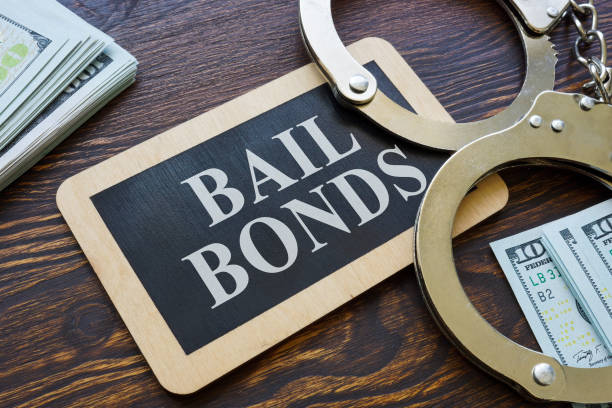When most people think about bonds, it's 007 that comes to mind and which actor they have got preferred in the past. Bonds aren’t just secret agents though, they may be a type of investment too.

What exactly are bonds?
In simple terms, a bond is loan. When you purchase a bond you are lending money on the government or company that issued it. So they could earn the credit, they'll provide you with regular rates of interest, plus the original amount back following the term.
Just like any loan, almost always there is the danger how the company or government won't pay out the comission back your original investment, or that they can fail to carry on their interest payments.
Committing to bonds
While it is easy for you to definitely buy bonds yourself, it isn't really easy and simple action to take and it tends need a great deal of research into reports and accounts and become quite expensive.
Investors may find that it's much more effortless buy a fund that invests in bonds. It's two main advantages. Firstly, your cash is combined with investments from other people, this means it can be spread across a selection of bonds in a fashion that you couldn't achieve if you were buying your own personal. Secondly, professionals are researching your entire bond market on your behalf.
However, due to the mixture of underlying investments, bond funds do not always promise a hard and fast level of income, hence the yield you get are vastly different.
Learning the lingo
If you are picking a fund or buying bonds directly, you'll find three keywords which can be necessary to know: principal; coupon and maturity.
The principal could be the amount you lend the company or government issuing the bond.
The coupon will be the regular interest payment you obtain for purchasing the text. It is often a limited amount that's set when the bond is disseminated which is called the 'income' or 'yield'.
The maturity may be the date in the event the loan expires along with the principal is repaid.
Many of bond explained
There are two main issuers of bonds: governments and companies.
Bond issuers are usually graded according to remarkable ability to pay back their debt, This is what's called their credit score.
A business or government which has a high credit score is regarded as 'investment grade'. And that means you are less inclined to generate losses on the bonds, but you will most probably get less interest at the same time.
At the other end in the spectrum, an organization or government which has a low credit history is recognized as 'high yield'. As the issuer features a greater risk of neglecting to repay your finance, the interest paid is usually higher too, to encourage people to buy their bonds.
How can bonds work?
Bonds might be in love with and traded - as being a company's shares. Because of this their price can move up and down, depending on many factors.
Some main influences on bond cost is: rates of interest; inflation; issuer outlook, and supply and demand.
Rates of interest
Normally, when rates of interest fall techniques bond yields, but the cost of a bond increases. Likewise, as rates rise, yields improve but bond prices fall. This is what's called 'interest rate risk'.
If you want to sell your bond and have a reimbursement before it reaches maturity, you might want to achieve this when yields are higher and prices are lower, which means you would go back less than you originally invested. Monthly interest risk decreases as you become nearer to the maturity date of your bond.
As an example this, imagine you do have a choice from your savings account that pays 0.5% as well as a bond that gives interest of 1.25%. You may decide the bond is a lot more attractive.
Inflation
Since the income paid by bonds is often fixed during the time they may be issued, high or rising inflation can generate problems, mainly because it erodes the real return you obtain.
As an example, a bond paying interest of 5% sounds good in isolation, however, if inflation is running at 4.5%, the real return (or return after adjusting for inflation), is merely 0.5%. However, if inflation is falling, the text could be even more appealing.
You'll find things like index-linked bonds, however, which you can use to mitigate the potential risk of inflation. The price of the money of the bonds, as well as the regular income payments you receive, are adjusted in keeping with inflation. This means that if inflation rises, your coupon payments and the amount you're going to get back go up too, and the other way around.
Issuer outlook
As a company's or government's fortunes either can worsen or improve, the buying price of a bond may rise or fall on account of their prospects. For example, if they're going through a difficult time, their credit score may fall. The risk of an organization being unable to pay a yield or being unable to pay off the capital referred to as 'credit risk' or 'default risk'.
If the government or company does default, bond investors are higher up the ranking than equity investors when it comes to getting money returned for many years by administrators. This is the reason bonds are generally deemed less risky than equities.
Supply and demand
If the lots of companies or governments suddenly need to borrow, there'll be many bonds for investors to pick from, so price is more likely to fall. Equally, if more investors are interested to buy than you will find bonds available, cost is more likely to rise.
To read more about bonds near me go to this resource
